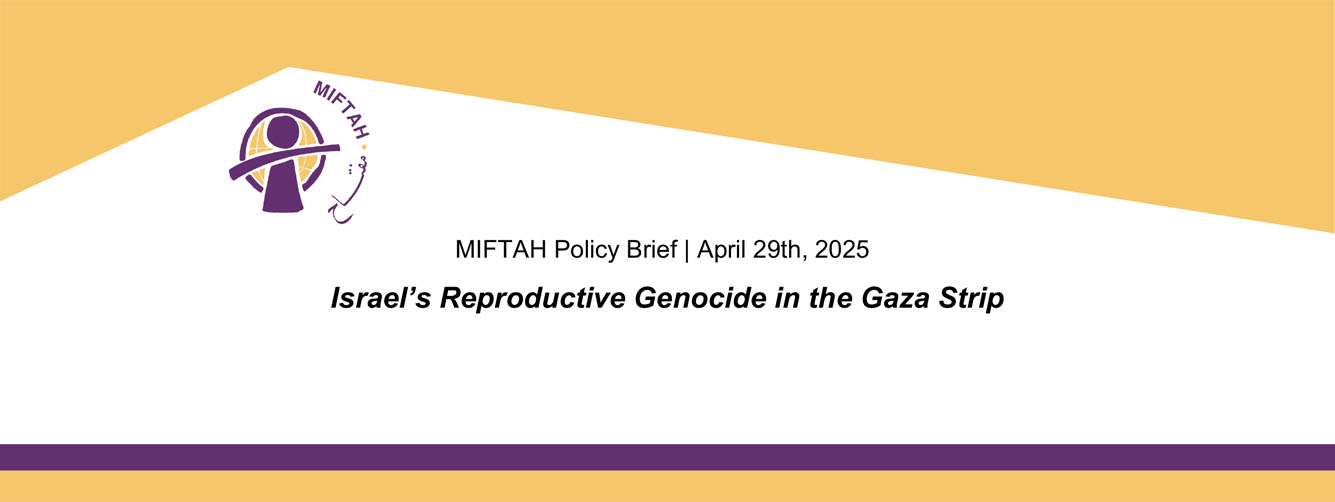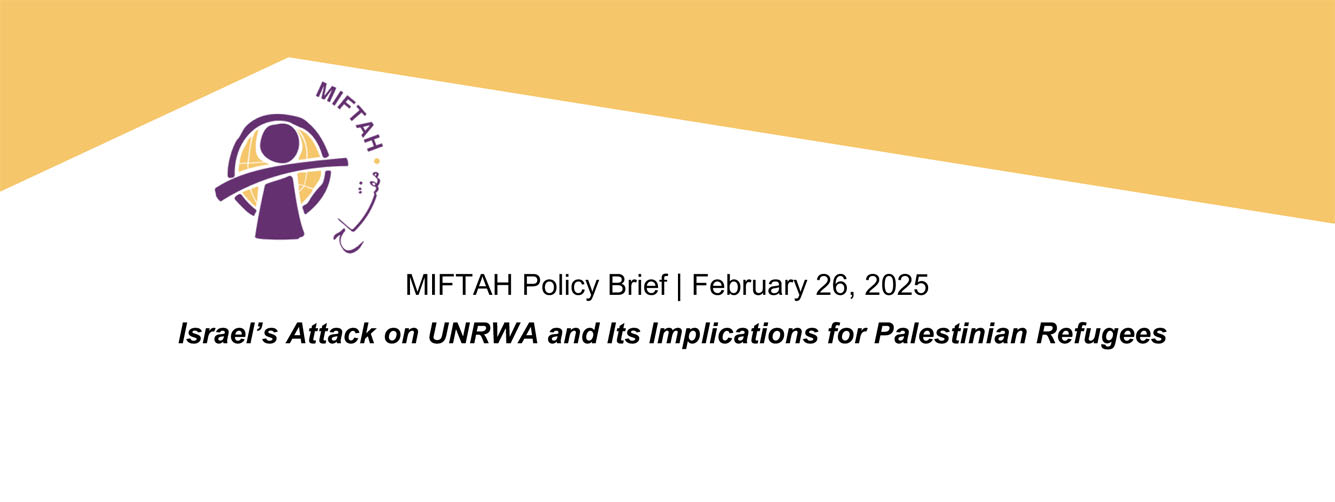For a Map of the Camp David Proposal: http://www.orienthouse.org/dept/images/Maps/ecartediplo.eng.pdf
- Why did the Palestinians reject the Camp David Peace Proposal?
For a true and lasting peace between the Israeli and Palestinian peoples, there must be two viable and independent states living as equal neighbors. Israel’s Camp David proposal, which was never set forth in writing, denied the Palestinian state viability and independence by dividing Palestinian territory into four separate cantons entirely surrounded, and therefore controlled, by Israel. The Camp David proposal also denied Palestinians control over their own borders, airspace and water resources while legitimizing and expanding illegal Israeli colonies in Palestinian territory. Israel’s Camp David proposal presented a ‘re-packaging’ of military occupation, not an end to military occupation.
- Didn’t Israel’s proposal give the Palestinians almost all of the territories occupied by Israel in 1967?
No. Israel sought to annex almost 9% of the Occupied Palestinian Territories and in exchange offered only 1% of Israel’s own territory. In addition, Israel sought control over an additional 10% of the Occupied Palestinian Territories in the form of a “long-term lease”. However, the issue is not one of percentages – the issue is one of viability and independence. In a prison for example, 95% of the prison compound is ostensibly for the prisoners – cells, cafeterias, gym and medical facilities – but the remaining 5% is all that is needed for the prison guards to maintain control over the prisoner population. Similarly, the Camp David proposal, while admittedly making Palestinian prison cells larger, failed to end Israeli control over the Palestinian population.
- Did the Palestinians accept the idea of a land swap?
The Palestinians were (and are) prepared to consider any idea that is consistent with a fair peace based on international law and equality of the Israeli and Palestinian peoples. The Palestinians did consider the idea of a land swap but proposed that such land swap must be based on a one-to-one ratio, with land of equal value and in areas adjacent to the border with Palestine and in the same vicinity as the lands to be annexed by Israel. However, Israel’s Camp David proposal of a nine-to-one land swap (in Israel’s favor) was viewed as so unfair as to seriously undermine belief in Israel’s commitment to a fair territorial compromise.
- How did Israel’s proposal envision the territory of a Palestinian state?
Israel’s proposal divided Palestine into four separate cantons surrounded by Israel: the Northern West Bank, the Central West Bank, the Southern West Bank and Gaza. Going from any one area to another would require crossing Israeli sovereign territory and consequently subject movement of Palestinians within their own country to Israeli control. Not only would such restrictions apply to the movement of people, but also to the movement of goods, in effect subjecting the Palestinian economy to Israeli control. Lastly, the Camp David proposal would have left Israel in control over all Palestinian borders thereby allowing Israel to control not only internal movement of people and goods but international movement as well. Such a Palestinian state would have had less sovereignty and viability than the Bantustans created by the South African apartheid government.
- How did Israel’s proposal address Palestinian East Jerusalem?
The Camp David Proposal required Palestinians to give up any claim to the occupied portion of Jerusalem. The proposal would have forced recognition of Israel’s annexation of all of Arab East Jerusalem. Talks after Camp David suggested that Israel was prepared to allow Palestinians sovereignty over isolated Palestinian neighborhoods in the heart of East Jerusalem, however such neighborhoods would remain surrounded by illegal Israeli colonies and separated not only from each other but also from the rest of the Palestinian state. In effect, such a proposal would create Palestinian ghettos in the heart of Jerusalem.
- Why didn’t the Palestinians ever present a comprehensive permanent settlement proposal of their own in response to Barak's proposals?
The comprehensive settlement to the conflict is embodied in United Nations Resolutions 242 and 338, as was accepted by both sides at the Madrid Summit in 1991 and later in the Oslo Accords of 1993. The purpose of the negotiations is to implement these UN resolutions (which call for an Israeli withdrawal from land occupied by force by Israel in 1967) and reach agreement on final status issues. On a number of occasions since Camp David – especially at the Taba talks – the Palestinian negotiating team presented its concept for the resolution of the key permanent status issues. It is important to keep in mind, however, that Israel and the Palestinians are differently situated. Israel seeks broad concessions from the Palestinians: it wants to annex Palestinian territory, including East Jerusalem; obtain rights to Palestinian water resources in the West Bank; maintain military locations on Palestinian soil; and deny the Palestinian refugees’ their right of return. Israel has not offered a single concession involving its own territory and rights. The Palestinians, on the other hand, seek to establish a viable, sovereign State on their own territory, to provide for the withdrawal of Israeli military forces and colonies (which are universally recognized as illegal), and to secure the right of Palestinian refugees to return to the homes they were forced to flee in 1948. Although Palestinian negotiators have been willing to accommodate legitimate Israeli needs within that context, particularly with respect to security and refugees, it is up to Israel to define these needs and to suggest the narrowest possible means of addressing them.
- Why did the peace process fall apart just as it was making real progress toward a permanent agreement?
Palestinians entered the peace process on the understanding that (1) it would deliver concrete improvements to their lives during the interim period, (2) that the interim period would be relatively short in duration – i.e., five years, and (3) that a permanent agreement would implement United Nations Resolutions 242 and 338. But the peace process delivered none of these things. Instead, Palestinians suffered more burdensome restrictions on their movement and a serious decline in their economic situation. Israeli colonies expanded at an unprecedented pace and the West Bank and Gaza Strip became more fragmented with the construction of settler “by-pass” roads and the proliferation of Israeli military checkpoints. Deadlines were repeatedly missed in the implementation of agreements. In sum, Palestinians simply did not experience any “progress” in terms of their daily lives.
However, what decisively undermined Palestinian support for the peace process was the way Israel presented its proposal. Prior to entering into the first negotiations on permanent status issues, Prime Minister Barak publicly and repeatedly threatened Palestinians that his “offer” would be Israel’s best and final offer and if not accepted, Israel would seriously consider “unilateral separation” (a euphemism for imposing a settlement rather than negotiating one). Palestinians felt that they had been betrayed by Israel who had committed itself at the beginning of the Oslo process to ending its occupation of Palestinian lands in accordance with UN Resolutions 242 and 338.
- Doesn’t the violence which erupted following Camp David prove that Palestinians do not really want to live in peace with Israel?
Palestinians recognized Israel’s right to exist in 1988 and re-iterated this recognition on several occasions including Madrid in 1991 and the Oslo Accords in September, 1993. Nevertheless, Israel has yet to explicitly and formally recognize Palestine’s right to exist. The Palestinian people waited patiently since the Madrid Conference in 1991 for their freedom and independence despite Israel’s incessant policy of creating facts on the ground by building colonies in occupied territory (Israeli housing units in Occupied Palestinian Territory – not including East Jerusalem - increased by 52% since the signing of the Oslo Accords and the settler population, including those in East Jerusalem, more than doubled). The Palestinians do indeed wish to live at peace with Israel but peace with Israel must be a fair peace – not an unfair peace imposed by a stronger party over a weaker party.
- Doesn’t the failure of Camp David prove that the Palestinians are just not prepared to compromise?
The Palestinians have indeed compromised. In the Oslo Accords, the Palestinians recognized Israeli sovereignty over 78% of historic Palestine (23% more than Israel was granted pursuant to the 1947 UN partition plan) on the assumption that the Palestinians would be able to exercise sovereignty over the remaining 22%. The overwhelming majority of Palestinians accepted this compromise but this extremely generous compromise was ignored at Camp David and the Palestinians were asked to “compromise the compromise” and make further concessions in favor of Israel. Though the Palestinians can continue to make compromises, no people can be expected to compromise fundamental rights or the viability of their state.
- Have the Palestinians abandoned the two-state solution and do they now insist on all of historic Palestine?
The current situation has undoubtedly hardened positions on both sides, with extremists in both Israel and the Occupied Palestinian Territories claiming all of historic Palestine. Nevertheless, there is no evidence that the PA or the majority of Palestinians have abandoned the two-state solution. The two-state solution however is most seriously threatened by the on-going construction of Israeli colonies and by-pass roads aimed at incorporating the Occupied Palestinian Territories into Israel. Without a halt to such construction, a two-state solution may simply be impossible to implement – already prompting a number of Palestinian academics and intellectuals to argue that Israel will never allow the Palestinians to have a viable state and Palestinians should instead focus their efforts on obtaining equal rights as Israeli citizens.
- Isn't it unreasonable for the Palestinians to demand the unlimited right of return to Israel of all Palestinian refugees?
The refugees were never seriously discussed at Camp David because Prime Minister Barak declared that Israel bore no responsibility for the refugee problem or its solution. Obviously, there can be no comprehensive solution to the Palestinian-Israeli conflict without resolving one of its key components: the plight of the Palestinian refugees. There is a clearly recognized right under international law that non-combatants who flee during a conflict have the right to return after the conflict is over. But an Israeli recognition of the Palestinian right of return does not mean that all refugees will exercise that right. What is needed in addition to such recognition is the concept of choice. Many refugees may opt for (i) resettlement in third countries, (ii) resettlement in a newly independent Palestine (though they originate from that part of Palestine which became Israel) or (iii) normalization of their legal status in the host country where they currently reside. In addition, the right of return may be implemented in phases so as to address Israel’s demographic concerns.






